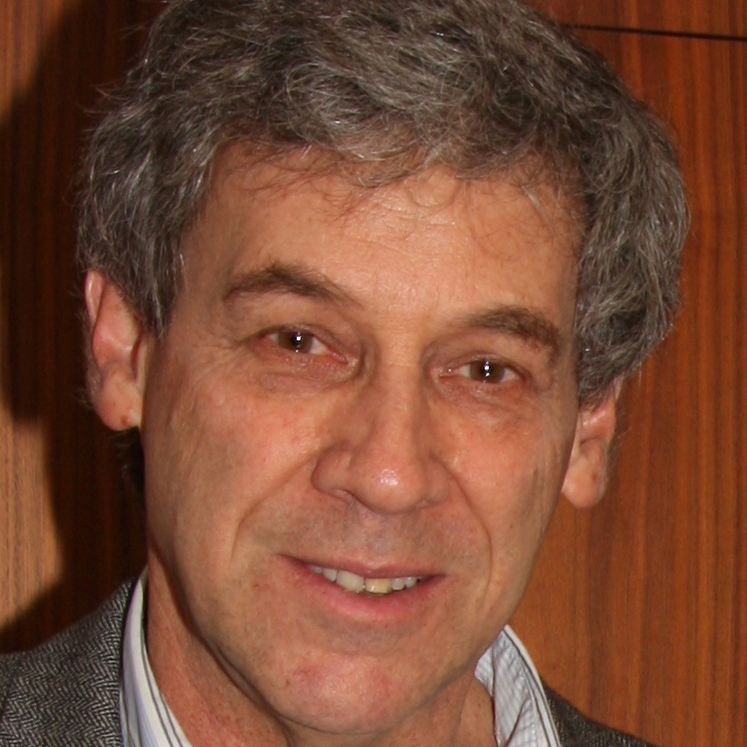
Banner

Can a hunger strike be a terrorist weapon?
Geoff Sifrin
TAKING ISSUE
Mohammad Allaan, a lawyer, started his hunger strike to protest being held in administrative detention without charges since last November, because of membership in terrorist group Islamic Jihad. He lost consciousness last Friday, but doctors at Barzilai Medical Centre in Ashkelon, where he was hospitalised and in a coma, stabilised his condition.
But should they force him to accept food or medical treatment?
In recent weeks he has become a focus of protest, particularly because he could be the first person to be force-fed since a new law was passed in the Knesset, permitting it. Palestinians clashed with Jewish protestors in Ashkelon on Sunday evening because of Allaan’s hospitalisation and the prospect of force-feeding him.
Allaan’s action prompted the Knesset to pass legislation in June, allowing a judge to sanction force-feeding or medical treatment if there is a threat to the inmate’s life, even if he refuses.
Palestinians in Israeli jails have held hunger strikes over recent years, many being hospitalised and causing political protests. The law was promoted by Public Security Minister Gilad Erdan, who said that “security prisoners are interested in turning a hunger strike into a new type of suicide terrorist attack through which they will threaten the State of Israel. We will not allow anyone to threaten us and we will not allow prisoners to die in our prisons.”
But critics say force-feeding is unethical and the law is political, meant to prevent violence sparked by a hunger-striker’s death rather than protect a prisoner’s dignity and well-being. The Israeli Medical Association plans to challenge the new law in the Supreme Court and urged doctors not to comply with it.
Force-feeding constitutes torture, says the IMA, and treating a patient against his will violates medical ethics.
However, this view is challenged by leading Israeli medical ethics expert, Prof Gil Siegal, a member of the National Bioethics Council, head of the Centre for Health Law and Bioethics at Ono Academic College, and law professor at the University of Virginia.
He says doctors should save the lives of hunger-striking prisoners even against their will: “I’m embarrassed by a doctor who’d be willing to see a person die in the name of a political protest.”
Doctors should already have intervened in Allaan’s hunger strike with life-saving treatment, he said, despite the prisoner’s opposition when he was conscious. In an article on the DoctorsOnly website, Siegal said the IMA’s position was an import from other countries, different to Israel’s character and needs. He wrote: “’Force-feeding’ is the wrong term. The proper term is ‘saving lives.’”
He told Haaretz: “Israeli ethics has the right to autonomy. We aren’t a colony of the United States or a European colony. [Israeli ethics] is a cultural, societal, legal and ethical creation whose voice is unique and clear.”
Medical ethics worldwide includes four main principles: the patient’s autonomy, refraining from harming the patient, trying to help the patient, and equality between patients. “This is the Anglo-American ethic,” says Siegal, “but it lacks two additional principles. The first is the sanctity of life, and the second is mutual responsibility and solidarity.
“The hunger-striker waves the banner of autonomy, but realising this right conflicts with realising the sanctity of life. Israeli law states explicitly that the sanctity of life take precedence in extreme cases. Anyone who rejects this is abolishing a binding Israeli creation and essentially bowing his head to foreign scholars of medical ethics instead of Israeli ones.”
Administrative detention of people suspected of terrorist activities has been mostly applied to Palestinians. But it has been suggested by Israel’s security services that suspected Jewish terrorists – such as those who recently firebombed the Dawabsheh family home in the West Bank, killing their 18-month old baby and critically injuring the others – will be handled the same way. Will there be similar hunger strikes by the Jewish terrorists?
German author Thomas Mann is famous for saying: “Everything is politics.” Medical ethics may try to position itself above politics, but for the Israeli doctors treating Allaan, it is a lot more complex.
Geoff Sifrin is former editor of the SAJR. He writes this column in his personal capacity.





nat cheiman
August 19, 2015 at 1:07 pm
‘Let the alleged terrorist die if that is his wish.’